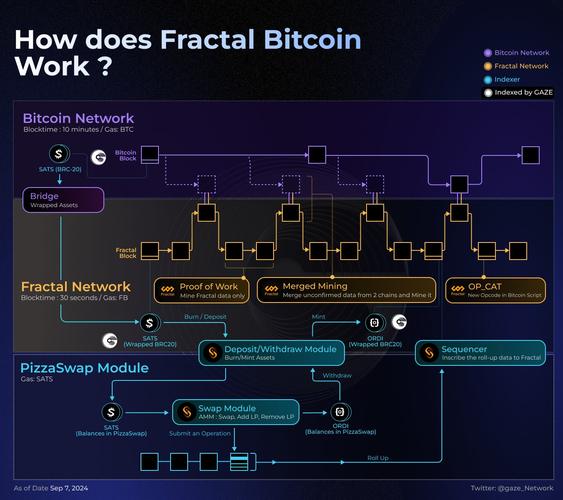Understanding the Concept of Mining Bitcoin: A Detailed Overview
Understanding the Concept of Mining Bitcoin: A Detailed Overview
Have you ever wondered what it means to mine Bitcoin? In this article, we delve into the intricacies of Bitcoin mining, exploring its purpose, process, and significance in the cryptocurrency ecosystem. By the end, you’ll have a comprehensive understanding of this fascinating activity.
What is Bitcoin Mining?

Bitcoin mining is the process by which new bitcoins are entered into circulation and is also a critical component of the maintenance and development of the blockchain ledger. It involves using computer power to solve complex mathematical problems that validate and secure transactions on the network.
The Purpose of Bitcoin Mining
1. Creating New Bitcoins
One of the primary purposes of Bitcoin mining is to create new bitcoins. According to the Bitcoin protocol, a predetermined number of new bitcoins are generated every 10 minutes. This process is known as block reward, and it incentivizes miners to participate in the network.
2. Securing the Network
Bitcoin mining plays a crucial role in securing the network. By solving complex mathematical problems, miners ensure that transactions are legitimate and prevent fraud. This process is known as proof of work (PoW), and it requires significant computational power.
3. Ordering Transactions
Bitcoin mining helps in ordering transactions in the blockchain. Miners select a batch of transactions to be included in the next block, ensuring that the network operates smoothly and efficiently.
The Process of Bitcoin Mining

1. Setting Up a Mining Rig
Before you can start mining Bitcoin, you need to set up a mining rig. This involves assembling a computer with high-performance hardware, such as GPUs or ASICs, and installing the necessary software.
2. Joining a Mining Pool
Since mining Bitcoin on your own can be challenging, many miners join mining pools. These pools combine the computational power of multiple miners, increasing the chances of finding a block and earning a reward.
3. Solving Mathematical Problems
Miners use their rigs to solve complex mathematical problems. The first miner to solve the problem gets to add a new block to the blockchain and receive the block reward.
4. Verifying Transactions
Once a block is solved, miners verify the transactions included in the block. This ensures that the transactions are legitimate and that the network remains secure.
The Challenges of Bitcoin Mining
1. High Costs
Bitcoin mining requires significant investment in hardware, electricity, and cooling. The high costs can make it challenging for some miners to turn a profit.
2. Competition
The mining landscape is highly competitive, with thousands of miners vying for the same rewards. This competition can make it difficult for new miners to enter the market.
3. Regulatory Risks
Bitcoin mining is subject to regulatory scrutiny in many countries. Governments may impose restrictions or outright ban the activity, posing a risk to miners.
The Future of Bitcoin Mining
As the cryptocurrency market continues to evolve, the future of Bitcoin mining remains uncertain. However, several factors suggest that mining will continue to play a crucial role in the ecosystem:
1. Decentralization
Bitcoin mining is essential for maintaining the decentralized nature of the network. As long as Bitcoin remains decentralized, mining will be necessary.
2. Security
The security of the network depends on the efforts of miners. As long as Bitcoin remains a valuable asset, miners will be motivated to secure the network.
3. Technological Advancements
As technology advances, mining hardware becomes more efficient and cost-effective. This could make it easier for new miners to enter the market and contribute to the network.
In conclusion, Bitcoin mining is a complex and fascinating process that plays a crucial role in the cryptocurrency ecosystem. By understanding the purpose, process, and challenges of mining, you can appreciate the importance of this activity and its impact on the future of Bitcoin.





